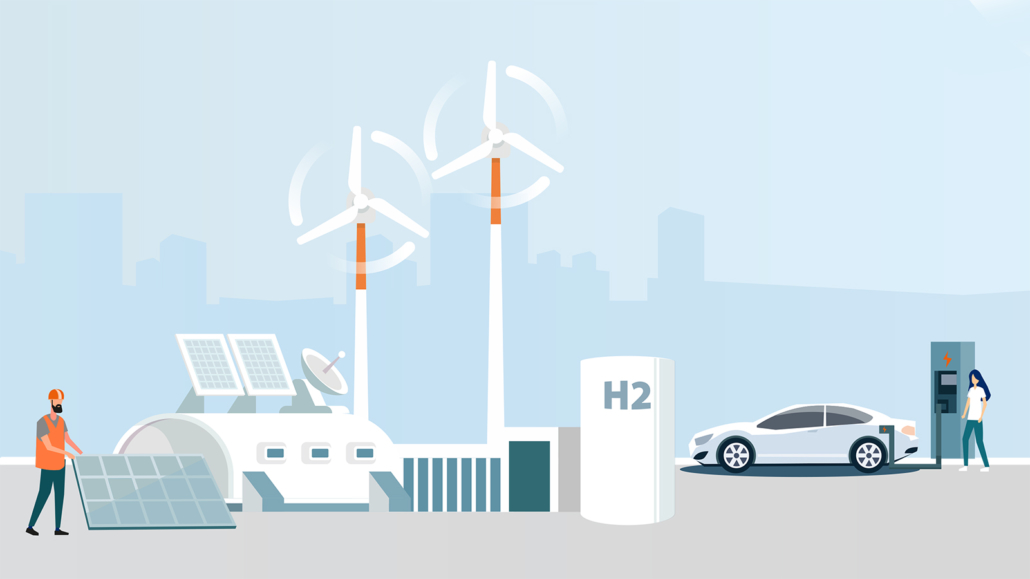Energy transition and sector coupling
Energy transitions must become fairer, more effective and more cost-efficient. Renewable energies must become the primary source of energy in all areas of society. In order to put the technological potential for greenhouse gas reduction into practice, energy, climate, industry and structural policy must be more closely interlinked. How?
Industrial transformation
Energy policy is industrial policy. The German and European energy-intensive industries – e.g. the chemical, steel, cement, glass and paper sectors – must become greenhouse gas neutral within a few decades. This affects value chains, location conditions and industrial work itself. How can the transformation of industry succeed?
CSR and participation
Companies are increasingly called upon to integrate sustainability and CSR into their core processes. How can co-determination structures – work councils, employee representations in supervisory boards and company trade union representations – be used more to involve employees in the discussion and implementation of sustainability?
Transformation of Work
Many companies and industries are under “double transformation pressure” due to climate policy and digitization. What are the concrete challenges and potentials in industrial sectors, and what opportunities do new – especially digital – technologies offer to strengthen good work?





